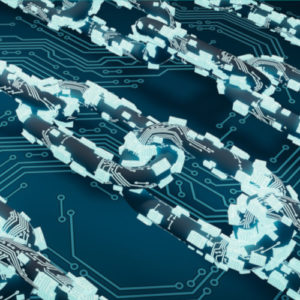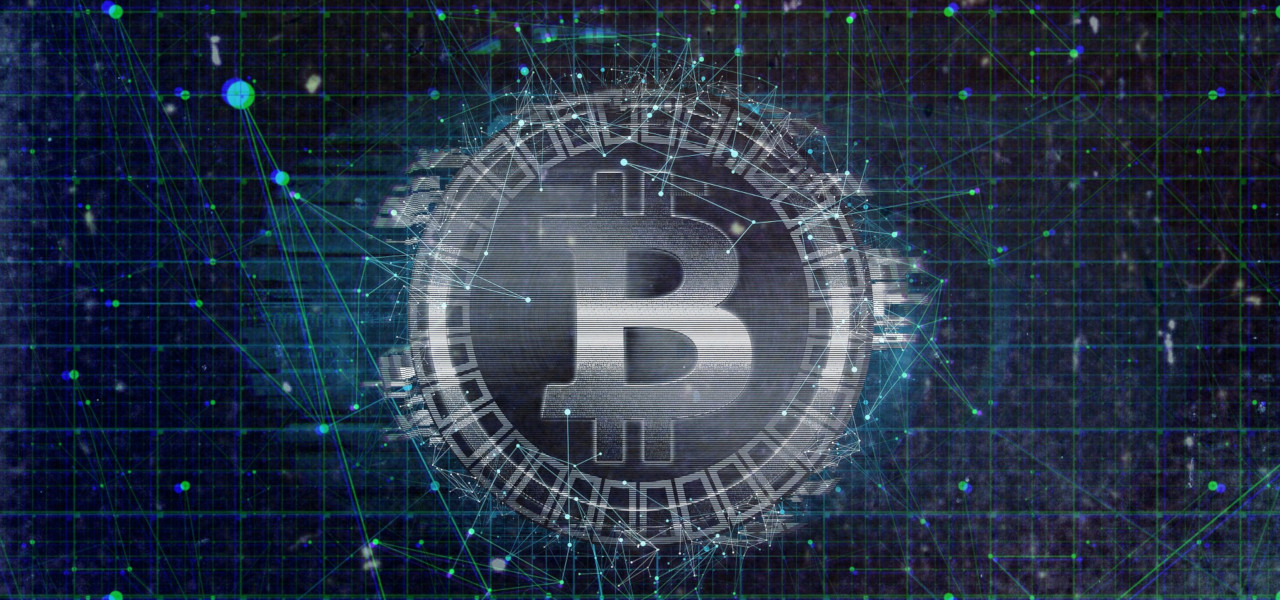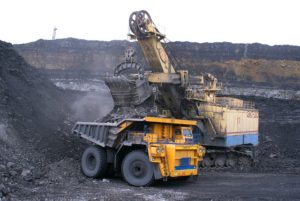What is the blockchain? In the last few years, the term has become ubiquitous in high tech discussions. While it is most closely associated with cryptocurrency, other industries are beginning to apply its principles.
Understanding Blockchain
Blockchain was developed by the person, or persons, who are known around the world as Satoshi Nakamoto – the pseudonym of the creator of Bitcoin. The blockchain was created to give the internet a spine. Instead of millions of documents all connected to one another and accessible by anyone, the blockchain is more linear. It is literally a chain of blocks of information, like spreadsheets, that regularly update themselves every few minutes. Most users will be familiar with a technology that operates under the same principle as blockchain: Google Docs.
 Before Google Docs, to get notes or revisions on a document you had to save the doc, email it to someone, wait for the revisions, and then implement them yourself. This was prone to many failures: emails get lost or missed, you had to wait for the recipient to make the changes, and had to ensure your application of those changes was flawless. Plus, now there are three different versions of the same document out there: your original, your editor’s copy, and the Frankenstein’s monster of the two of them. Google Docs removes the travel time: you simply add your editor as a user and they make changes directly into the document, where both of you can see the changes in real time. This is a handy reference for how all blockchains work.
Before Google Docs, to get notes or revisions on a document you had to save the doc, email it to someone, wait for the revisions, and then implement them yourself. This was prone to many failures: emails get lost or missed, you had to wait for the recipient to make the changes, and had to ensure your application of those changes was flawless. Plus, now there are three different versions of the same document out there: your original, your editor’s copy, and the Frankenstein’s monster of the two of them. Google Docs removes the travel time: you simply add your editor as a user and they make changes directly into the document, where both of you can see the changes in real time. This is a handy reference for how all blockchains work.
In the world of finance, banks would have to limit access to accounts to make changes or updates. There were major security holes inherent in this as well as the impact on convenience – we’ve all experienced the annoyance of waiting for our credit card balance to update after making purchases or payments. One of the great advantages to the blockchain system is the combination of speed and accountability – when all users who should have access to a document do have access to it, every user can see the changes that have been made, in real time, and who made them. The potential for eliminating misuse is huge.
Applying the Blockchain to Ethical Cobalt Production
In a blog post for IBM Dr. Nicholas Garrett discusses the potential in applying the blockchain system to the cobalt mining industry. Cobalt is the key ingredient in lithium-ion batteries, which power our smartphones, keep our electric vehicles running, and allow for home energy storage, which is expected to be key to enabling renewable energy solutions. Obviously, the value of cobalt has been rising and is expected to grow further in coming years, but there’s one big problem.
Two-thirds of the world’s cobalt is mined in the Democratic Republic of the Congo and a significant portion of that is mined under inhumane conditions. Amnesty International blew the whistle on the moral failings of so-called “artisanal mines” in the Congo, including using child labour, and the renewable energy and high tech industry are making strides to be more accountable in their supply chain.
That’s where Dr. Garrett comes in. In his post, he discusses the potential of applying the blockchain concept to create a clear line of accountability in the production train of cobalt mining. The Ford Motor Company, Huayou Cobalt, IBM, LG Chem and RCS Global have launched a pilot program to clearly track the supply chain of the cobalt used in their devices using the blockchain. The project is designed to clearly demonstrate how materials are ethically produced, traded, and processed. The blockchain will create a clear and easy to follow trail to ease the auditing process and make the act of extracting cobalt from the Congo as ethical as possible.
Not a solution itself
Garrett is quick to stress that the blockchain isn’t a solution in and of itself, “blockchain will not replace real-world human-led auditing or due diligence obligations.” He stresses the importance of visiting mines and doing on-site inspections will still be paramount. However, the clear line of responsibility will allow for “full traceability and transparency.”
This is undoubtedly a big step for the production of ethical cobalt and the elimination of the ethical horrors involved in creating high tech products. However, an alternative to all this is to source materials from a mine in a country with stricter regulations, like Declan Cobalt‘s mine on the Czech border with Germany, whose government recently announced hundreds of millions of dollars in funding to German-based auto production companies to find new EV battery technologies.
Ethical cobalt is here to stay
One thing is certain, the demand for ethically sourced cobalt is not going away anytime soon, and new ways of extracting the vital material will always be in demand. The blockchain solution is one of them, and will hopefully be successfully applied to other key production areas to increase transparency and responsibility.
(Note: In this article we mention Declan Cobalt. Declan Cobalt is a client of TrendScan and members of the TrendScan team own options to stock in Declan Cobalt.)

